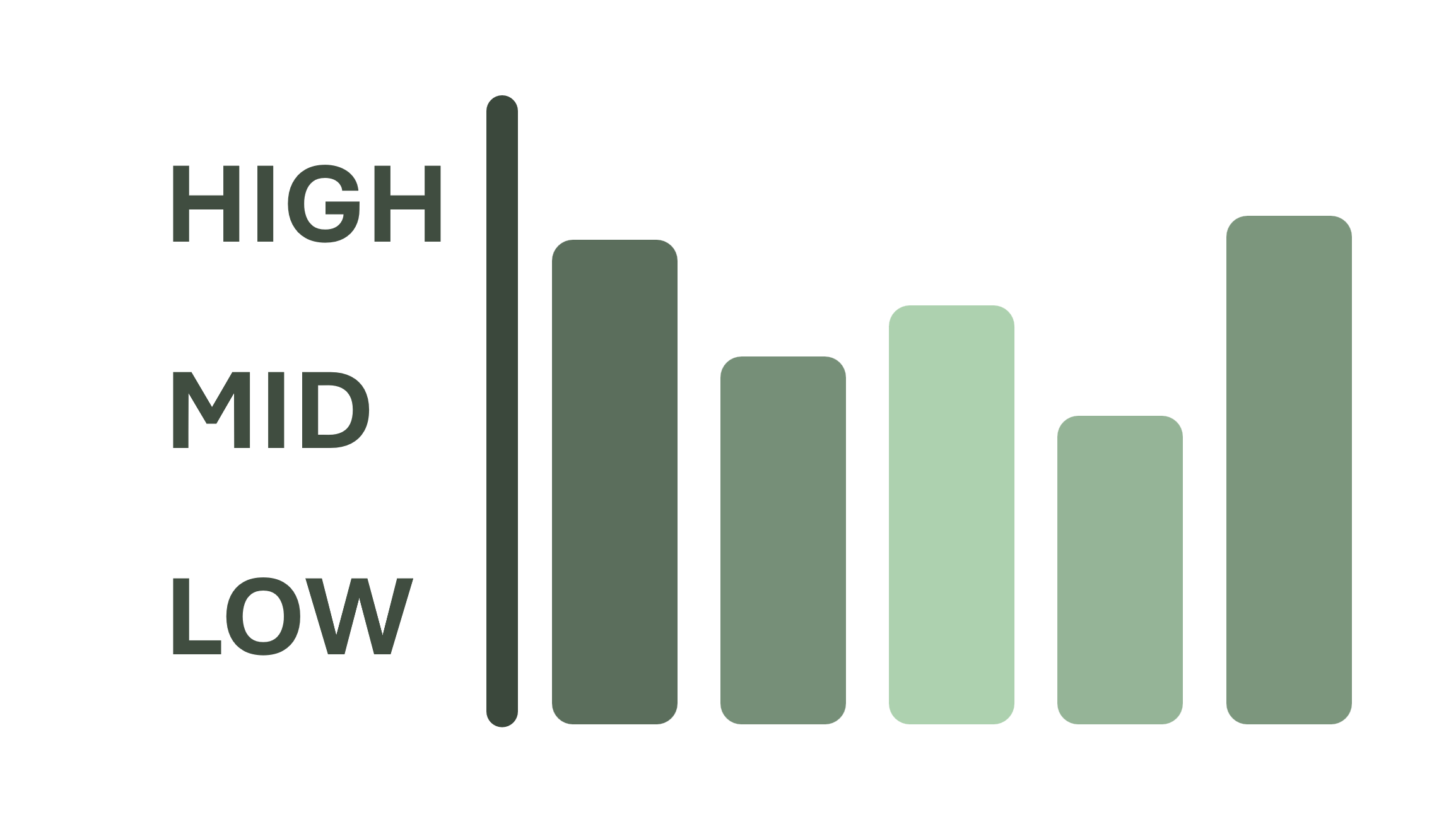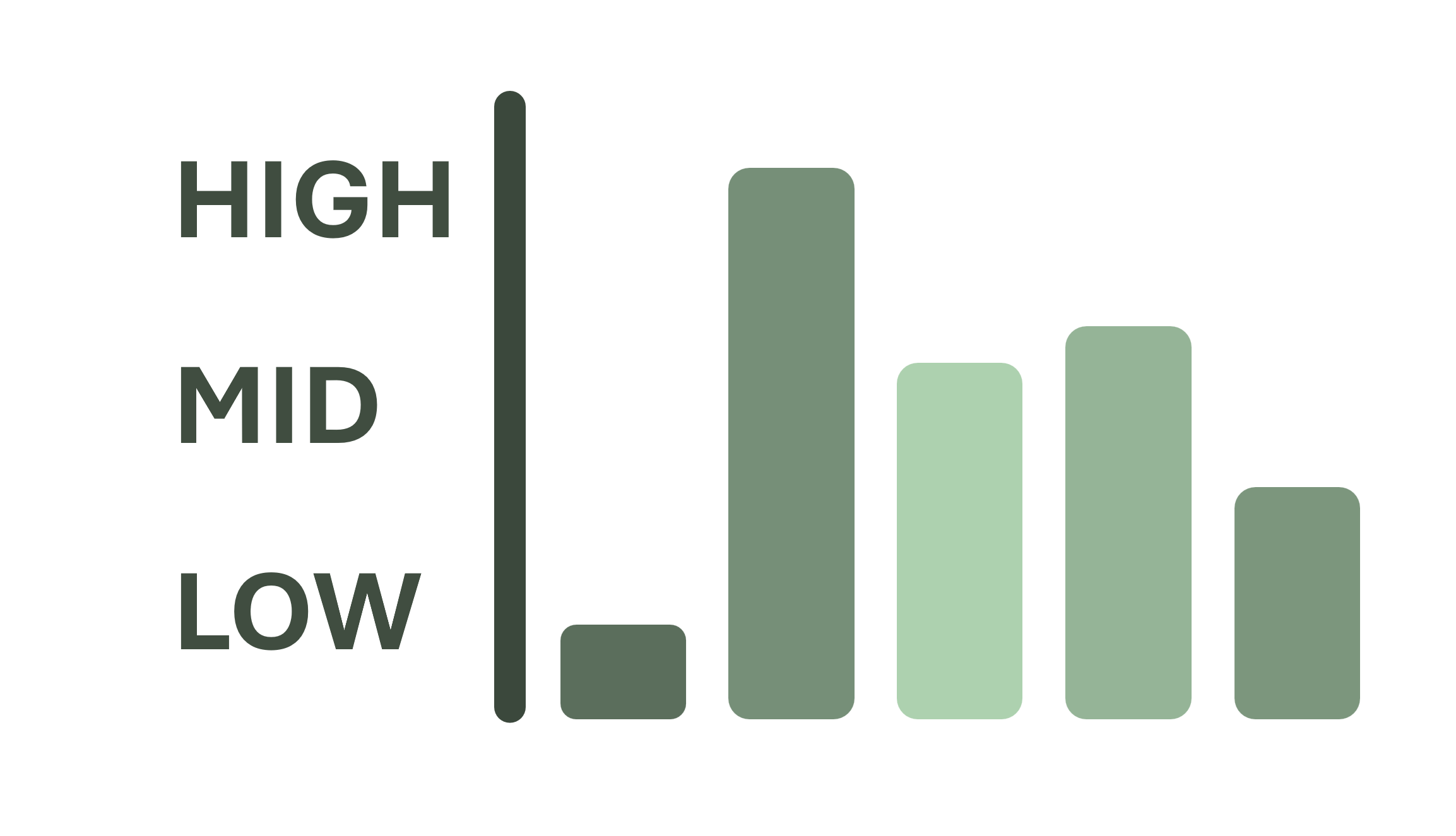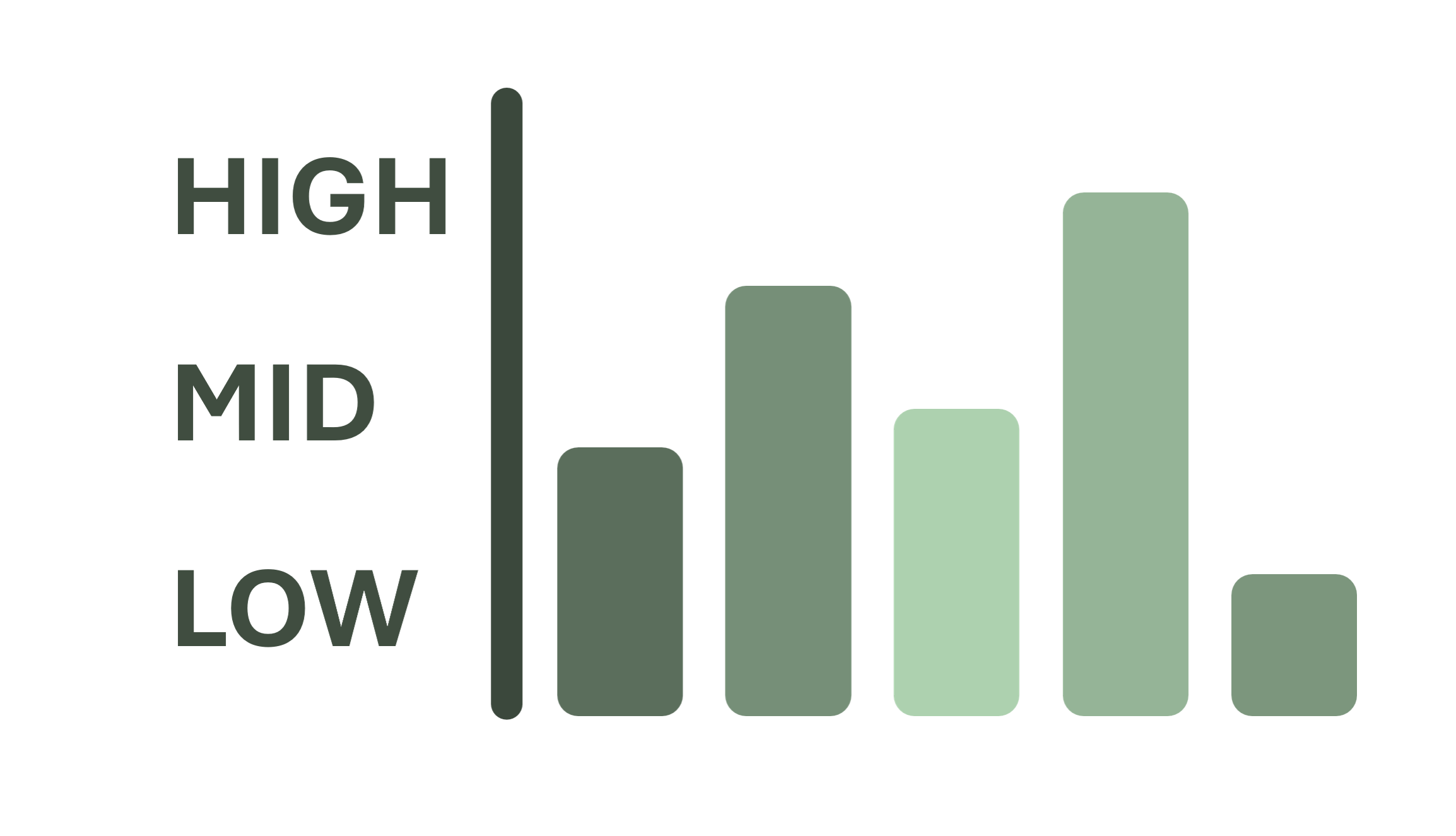Tests that measure cognitive ability
Visual Construction
Measures the ability to analyze and mentally construct complex spatial patterns and structures. It reflects how someone processes information visually, recognizes connections, and systematically arrives at solutions. This skill is important for interpreting diagrams, plans, and visual models.
Logical Reasoning
Provides insight into the capacity to recognize logical connections, identify patterns, and reach consistent conclusions. This skill reflects how someone processes abstract information and creates structure, which is essential for problem-solving and decision-making.
Spatial Visualization
Measures the ability to mentally represent objects in three dimensions and rotate them in the mind’s eye. It shows how flexibly someone can shift between different perspectives—a skill often important in technical problem-solving, innovation, and strategic thinking.
Questionnaires that explore personality
Interpersonal Style
Maps how someone presents themselves in interactions with others, ranging from direct and leading to supportive or reserved. It provides insight into how a person builds relationships, exerts influence, and shapes collaboration. This dimension is valuable for understanding how behavior and communication manifest within a team context.
Personality Profile
Provides a broad picture of an individual’s personal characteristics and behavioral preferences. It reflects stable patterns in how someone thinks, feels, and acts. This helps identify strengths and development areas that play a role in functioning, growth, and finding the right work environment.
Personal Values
Shows the beliefs and drivers that guide choices, motivation, and long-term preferences. Values often explain why someone pursues certain goals or gains energy from specific activities. They form an important foundation for sustainable employability and personal development.








